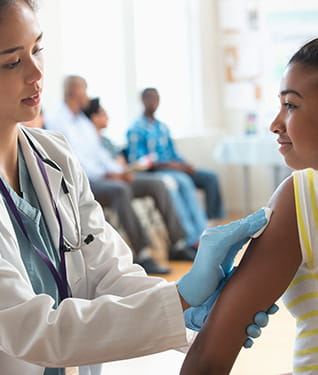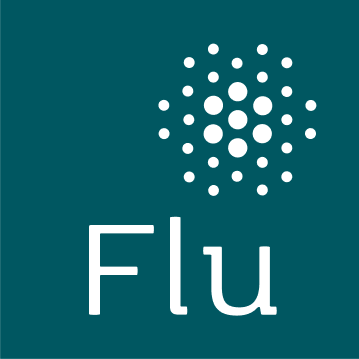The last week of April marks World Immunization Week, an event sponsored by the World Health Organization (WHO) since 2012. World Immunization Week always takes place during the last week of April.
The WHO established this global immunization campaign in 1974 to provide equitable access to vaccines for children, with the goal of protecting them against six childhood illnesses: tuberculosis, diphtheria, pertussis, polio, tetanus and measles.
In past years, World Immunization Week has often featured a theme. This year, the focus of this event will be on the 50th anniversary of the Expanded Program on Immunization (EPI), which is now known as the Essential Programme on Immunization.
Immunization vs. vaccination: What's the difference?
Vaccination is an important part of immunization. Vaccines are products that are given to people to create an immune response against a disease. Vaccination describes getting (or giving) a vaccine. Immunization describes what happens in your body as it develops that immune response. Immunization is often used interchangeably with the term vaccination.
Over the last 50 years, EPI has expanded to promote vaccination to people of all ages who are at risk of preventable infectious diseases. Today, EPI works to give people around the world access to 13 universally recommended vaccines given in childhood and beyond, including hepatitis B, human papillomavirus (HPV) and COVID-19. The EPI campaign also works to provide access to vaccines in special settings, such as yellow fever and meningitis.
Working with other public health programs, EPI has recorded some important successes in its time, including the elimination of smallpox in 1980. As of 2024, polio cases have dropped by more than 99%, which may result in it becoming the second human pathogen to be eradicated.
However, in recent years, immunization efforts have been negatively affected, with vaccination rates dropping around the world. According to the WHO, 20 million children worldwide missed one or more vaccines in 2022. Cases of diseases that were previously controlled through immunization, such as diphtheria and measles, have been on the rise.
With this year’s World Immunization Week, we are asked to remember that vaccinations for infectious diseases, including influenza, can provide important life-saving health benefits. Check with your doctor to see which vaccinations are right for you—and your family, and make sure to stay up to date on those vaccinations throughout the year to stay healthy.
Read more about World Immunization Week 2024

